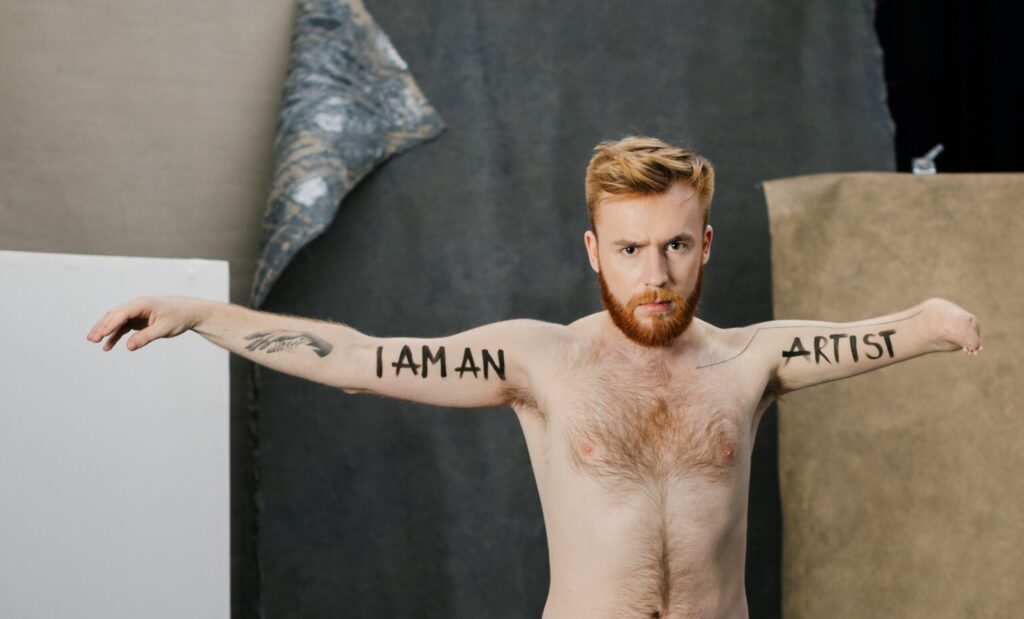
How the European Union can and must act to reduce discrimination against artists, cultural workers and audiences with disabilities
The European Arts & Disability Cluster believes that there are inequalities in the European cultural sector which prevent access to the arts for people with disabilities as artists, as cultural workers and as audiences.
For this reason, the European Arts & Disability Cluster publishes a Position Paper on the state of Arts & Disability in Europe.
Read and download the full document here!
Contents of the Position Paper
- Introduction and Legal Basis
ADICLUS notes the fundamental inequalities within the European Cultural sector, resulting in discrimination against artists, cultural workers and audiences with disabilities.
- Observations on contemporary cultural discourse
ADICLUS warns against only considering artists and cultural workers with disabilities within cultural policy when focusing on Art & Health / Wellbeing or Working Conditions of Artists. Both thematics are important, but are distinct from the cultural rights of people with disabilities.
- Dialogue between European Union institutions and Artists and Cultural Workers with disabilities
As people with disabilities are under-represented within established European cultural networks and platforms, structured dialogue is needed between them and the European Institutions. We propose an Open Method of Coordination Working Group.
- The Cultural Compass to be developed by Commissioner Glenn Micallef must position cultural rights at its heart, including the cultural rights of people with disabilities
- Recommendations for the current Creative Europe Programme (’21-’27)
The European Union’s own Creative Europe programme can immediately both improve its own accessibility to participants with disabilities, and show leadership by taking concrete actions to highlight and overcome marginalisation of people with disabilities in the European cultural sector.
- Recommendations for the next Creative Europe Programme (’28-’34)
Designing a fully accessible Creative Europe programme, and one in which beneficiaries are held to account for project accessibility must start now.
March 2025